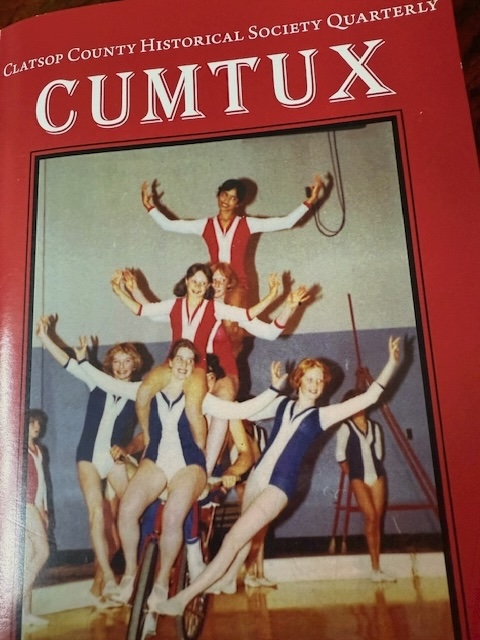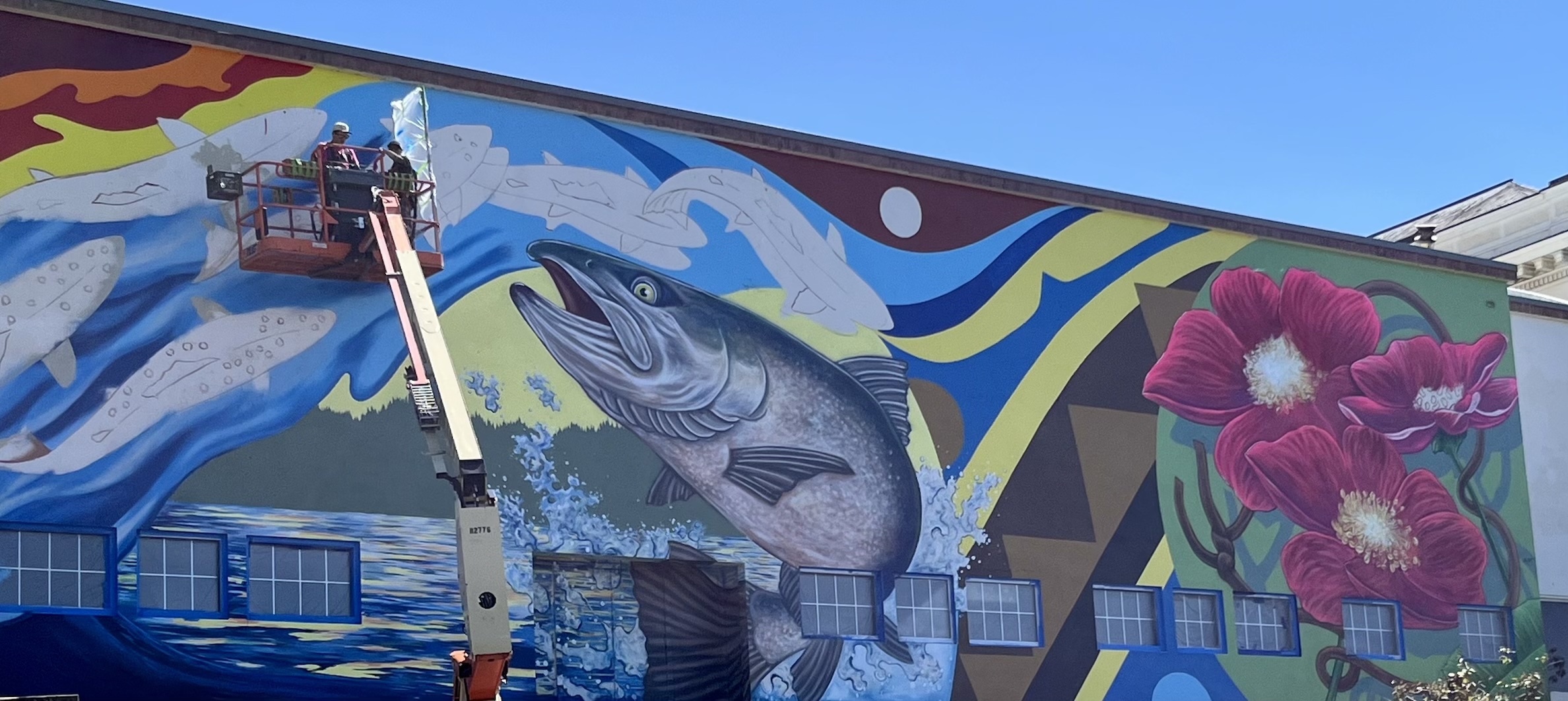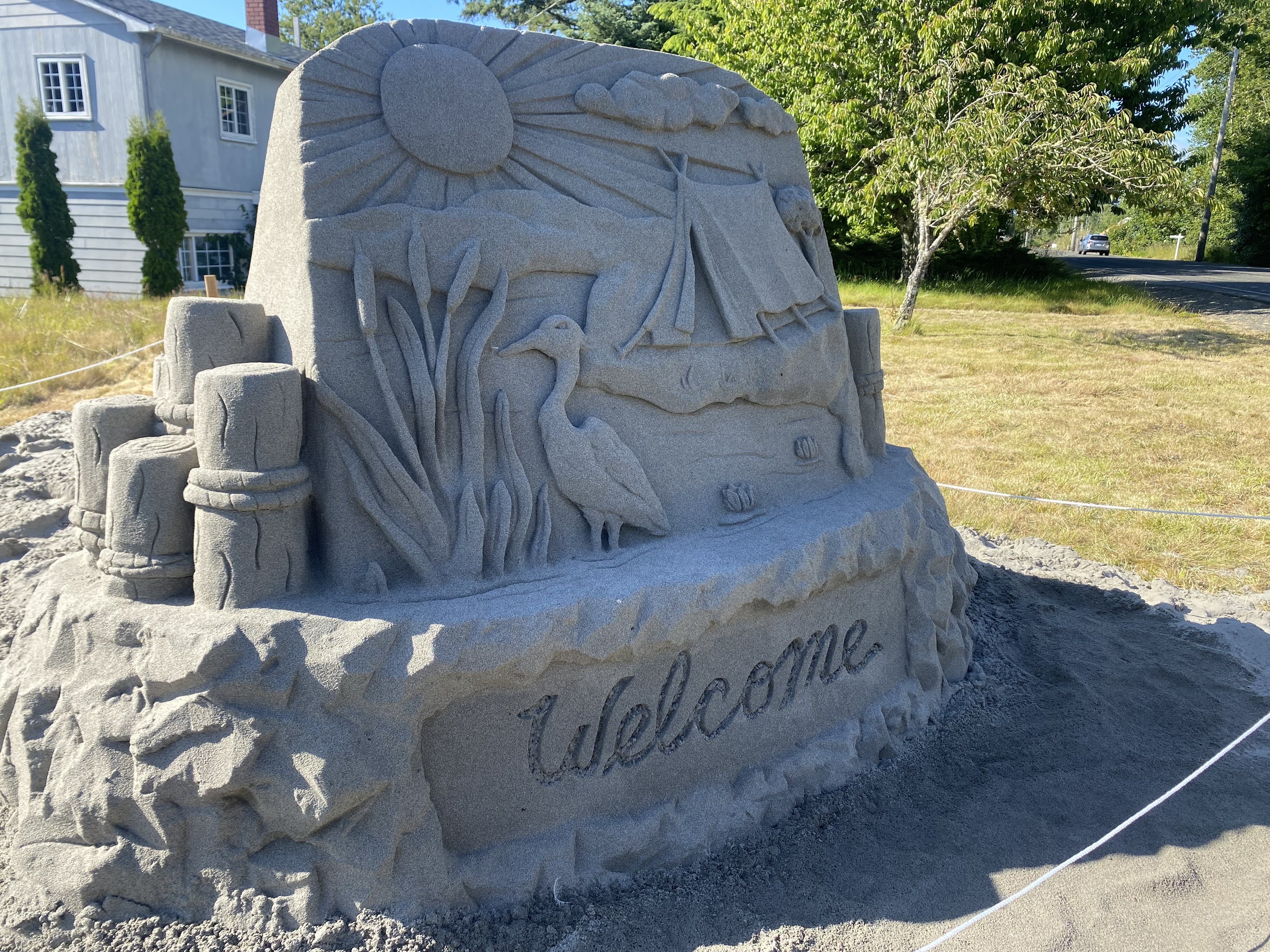The Bookmonger: ‘Wrecked’ offers a new perspective on shipwrecks
Published 4:29 pm Wednesday, May 28, 2025

- “Wrecked” by Coll Thrush University of Washington Press – 288 pp — $29.95
Everyone reading this newspaper knows that the waters off our coastline have the grim reputation as “The Graveyard of the Pacific.” Over the last 300-plus years, more than 2,000 ships have gone down off Oregon, Washington and Vancouver Island – at a terrible cost of lives (human and otherwise) and livelihoods.
While there are plenty of engrossing books written about specific shipwreck tragedies, a new book, “Wrecked,” takes a somewhat different tack. In acute detail, University of British Columbia professor Coll Thrush recounts shipwreck stories that many local readers may be familiar with already. But the author stands back to encompass a broader view of what the shipping industry has meant to this region’s development.
Thrush points out something that many of those other books, as well as history museums and picturesque tourism sites, tend to gloss over: “Every shipwreck in this book took place in Indigenous space.”
Trending
Consider this. In 1855, when Washington Territorial Gov. Isaac Stevens toured through the region to engage in treaty talks with tribes, the negotiations centered not only on customary hunting grounds and fishing places — but also on shipwreck rights.
For decades before Stevens’ official tour, tribes along the coast had developed their own protocols for contending with these foundering arrivals by sea. They rescued survivors and put them to work. They buried the dead. And they availed themselves of the goods that had washed up on local beaches after having been wrenched out of ships’ holds by the surging ocean.
Frankly, that wasn’t unlike the way coastal residents along the Atlantic seaboard behaved, but “out West,” the expectation of the colonizing negotiators was that they were dealing with inferiors, whose way of life would have to be confined and subdued in order for the new arrivals — white settlers — to gain control over the natural and infinite abundance of the land.
From our 21st-century vantage point, we can note problems with this attitude. But at the time, ships were a key mechanism in helping that change of order take hold in the ports that were being established up and down the coast.
Yet so many of those ships ran afoul of the sand bars and rocky headlands, and were unable to prevail against the winds and stormy seas. Was the sacrifice of cargo and lives ultimately worth it?
Despite the scientific advances available to mariners today, and the heroic efforts of our modern U.S. Coast Guard, similar misfortunes have continued into recent decades, with increasingly devastating environmental results — the Nestucca, the Exxon Valdez, the New Carissa, to name just a few.
Trending
Thrush offers a tough consideration of what this history of shipwrecks has meant to the region. “Wrecked” asks whether the shipping industry — and the imperial, colonial and capitalist forces behind it — represents a system that really is a superior model of operation. Or, in the vast scheme of things, is it possible that these relatively recent incursions into Indigenous space are more likely a deviation in need of correction?
The Bookmonger is Barbara Lloyd McMichael, who writes this weekly column focusing on the books, authors and publishers of the Pacific Northwest. Contact her at bkmonger@nwlink.com









